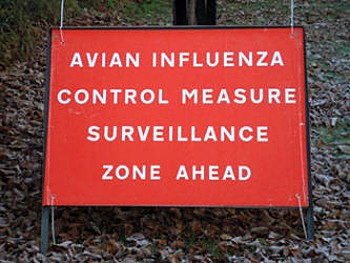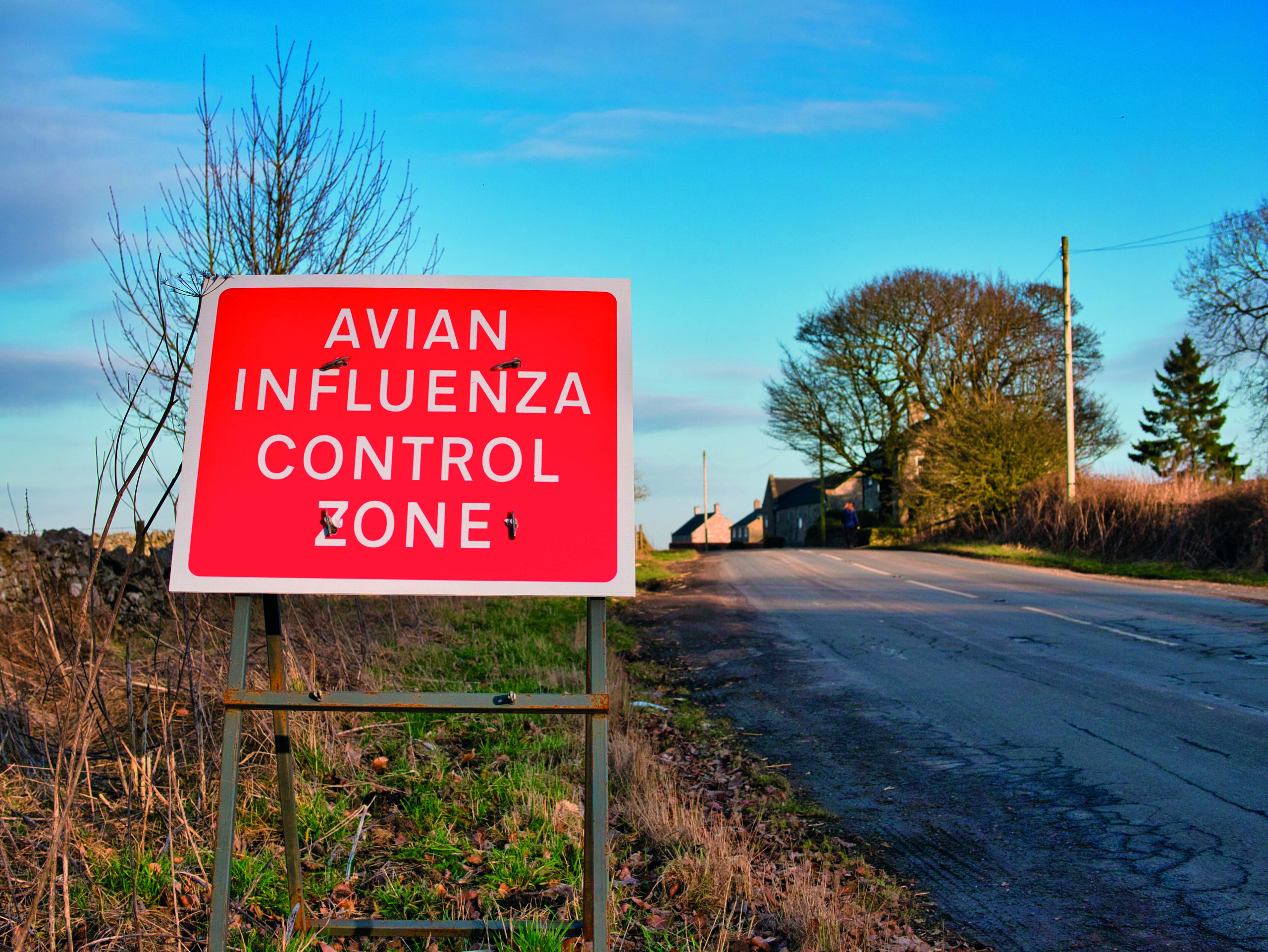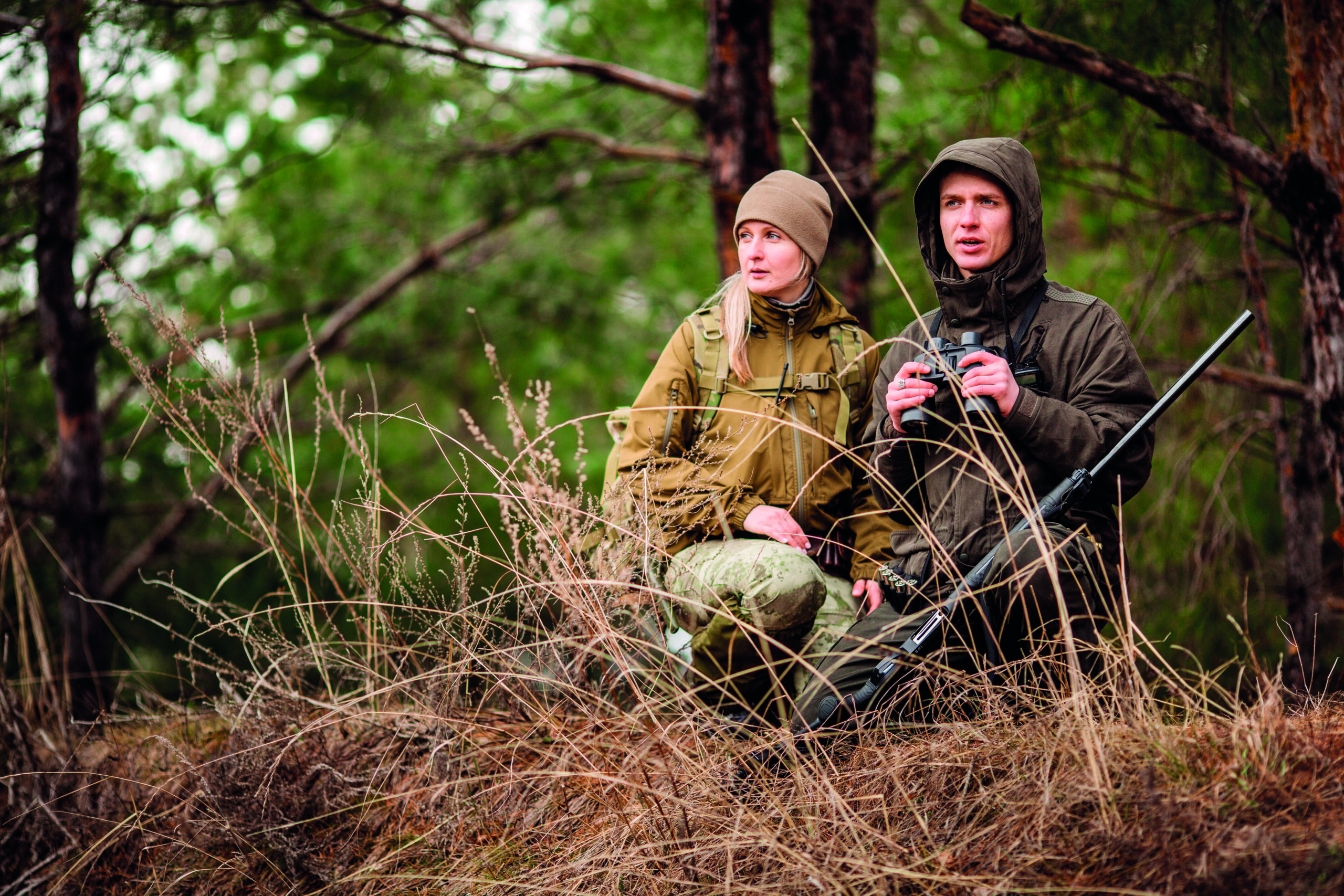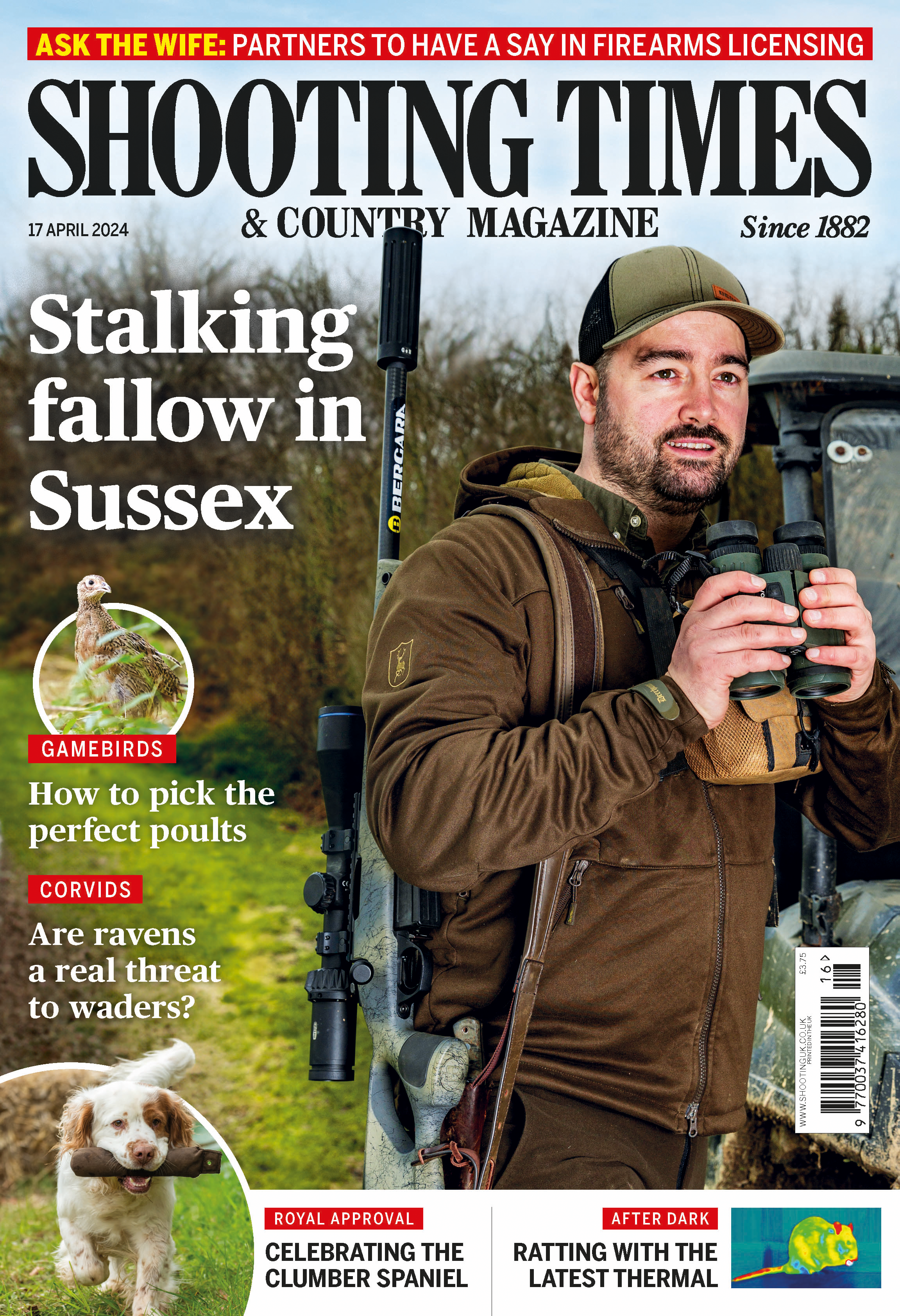Experts warn shooting community of bird flu risks as outbreak worsens
Experts have warned the shooting community of the risk from bird flu as the seasonal outbreak rapidly worsens and poultry owners are ordered to house their flocks.

Cases of the most dangerous form of the bird flu disease, referred to as high-path H5N1, were detected in domesticated birds in late October at the same time a spate of cases were noted in wild birds. The disease occurs in a seasonal cycle with distinct peaks in the winter when it is brought into the UK by migrating waterfowl. The 2020-21 season was exceptionally severe and long lasting, with cases in wild birds continuing well into April. (Read the latest news on bird flu.)
Dr Kenny Nutting of St David’s Game Bird Services told Shooting Times: “Bird flu is prominent at the moment. Worryingly, we are getting two or three cases a day – a mixture of suspect and positive cases. What we are seeing is not a world away from where we were this time last year (2020) in terms of normal UK levels, but the issue potentially is that it is an infectious, high-path strain, meaning that it is very easily spread. With a national housing order now in place for poultry, there is concern that this year will continue to be worse than last.”
Control zone
A direct impact on shooting is a distinct possibility. A very severe outbreak of the disease could lead to mass deaths of birds which would have an obvious impact on an individual shoot. However a more likely scenario is that shooting could be prevented under the terms of a control zone introduced to control an outbreak in wild birds. A control zone is a fixed area around an outbreak in which certain activities are banned. The terms of control zones can vary, but a ban on shooting birds within any control zone is highly probable.
The worst case scenario is that restrictions remain into the rearing and releasing season next summer. While this is currently unlikely, a high level of bird flu restrictions during the summer months could prevent the release of next season’s birds altogether. Dr Nutting told Shooting Times what gamekeepers and farmers should be looking out for.
“Sudden death is the most dramatic effect of Avian Influenza. Dullness, a loss of appetite, depression, coughing, nasal and ocular discharge, swelling of the face, nervous signs such as paralysis and sometimes green diarrhoea are all also clinical signs. However, birds infected with ‘low path’ Avian Influenza may not show any signs at all.”
Anyone who suspects birds in their care have avian influenza must contact the Animal and Plant Health Agency immediately.








